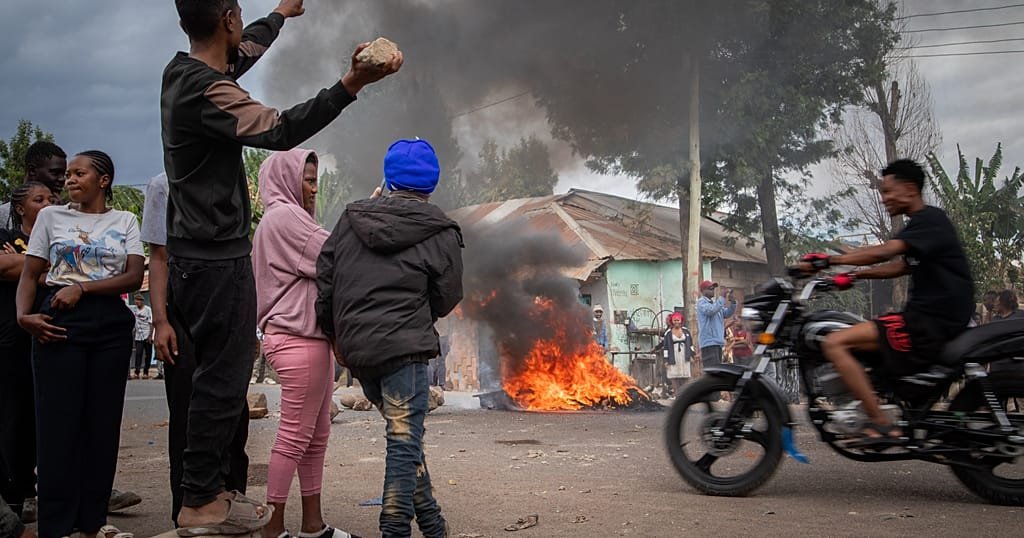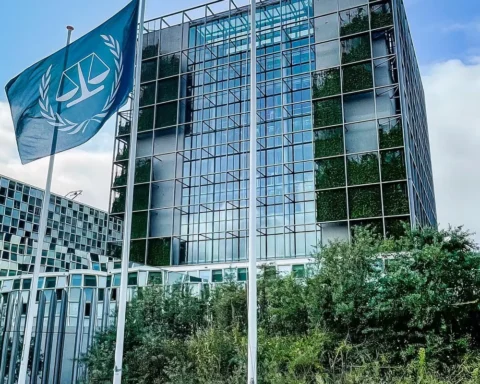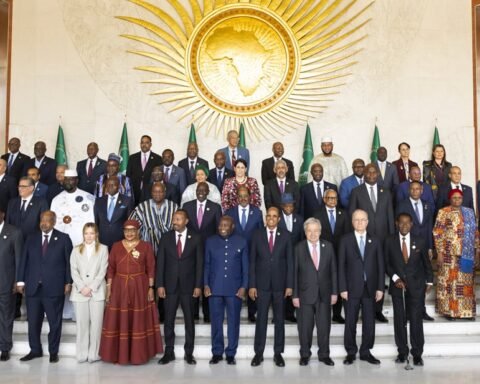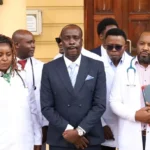In the wake of the violence that followed Tanzania’s October 29 general elections, Christian leaders have spoken out—not just with sadness, but with a strong moral call for healing, justice, and respect for life.
From Dar es Salaam to Mbeya, church voices across denominations have united in grief. Catholic bishops have held special Masses for the victims, underlining that the loss of life is more than a political crisis—it is a wound on the nation’s soul. At one gathering, Archbishop Jude Thaddeus Ruwa’ichi said: “Some were killed while demonstrating, yet the penalty for demonstrating is not a bullet.” He called the post‑election bloodshed “an abomination before God,” asserting that dignity and justice must be restored.
For his part, Bishop Stephano Lameck Musomba of the Bagamoyo Diocese warned against extrajudicial killings. He insisted that even those accused of wrongdoing deserve due process—and that taking life outside the rule of law betrays both moral and legal foundations.
Meanwhile, the Evangelical Lutheran Church in Tanzania (ELCT), led by Bishop Alex Malasusa, has declared a week of prayer (16‑23 November) to mourn the victims and reflect on the crisis. In a public statement, the ELCT condemned the violence, calling it a violation of human dignity. The church reminded leaders that “anger without wisdom can never build God’s peace,” citing biblical teachings.
Also Read:Samia Unveils New Ministry Focused on Youth Empowerment
On the international stage, the World Council of Churches (WCC) joined the call for restraint and accountability. Its General Secretary, Reverend Prof. Jerry Pillay, expressed deep sorrow over reports of civilian deaths, mass arrests, and restrictions on civic freedoms. The WCC urged the Tanzanian government to end the use of lethal force, allow independent investigation into the violence, and engage in inclusive dialogue involving opposition voices, religious leaders, and civil society.
Back home, Catholic dioceses are organizing more moments of prayer and remembrance. In Mbeya, a Mass scheduled at the Mwanjelwa Marian Shrine will be dedicated to those who died, the injured, and even those still missing.
These responses reflect more than institutional reaction—they’re a deeply human plea. Church leaders are not only mourning but demanding justice, accountability, and a restoration of trust. They warn that peace without truth is fragile, and that the path forward must involve healing, dialogue, and sincere moral reflection.







